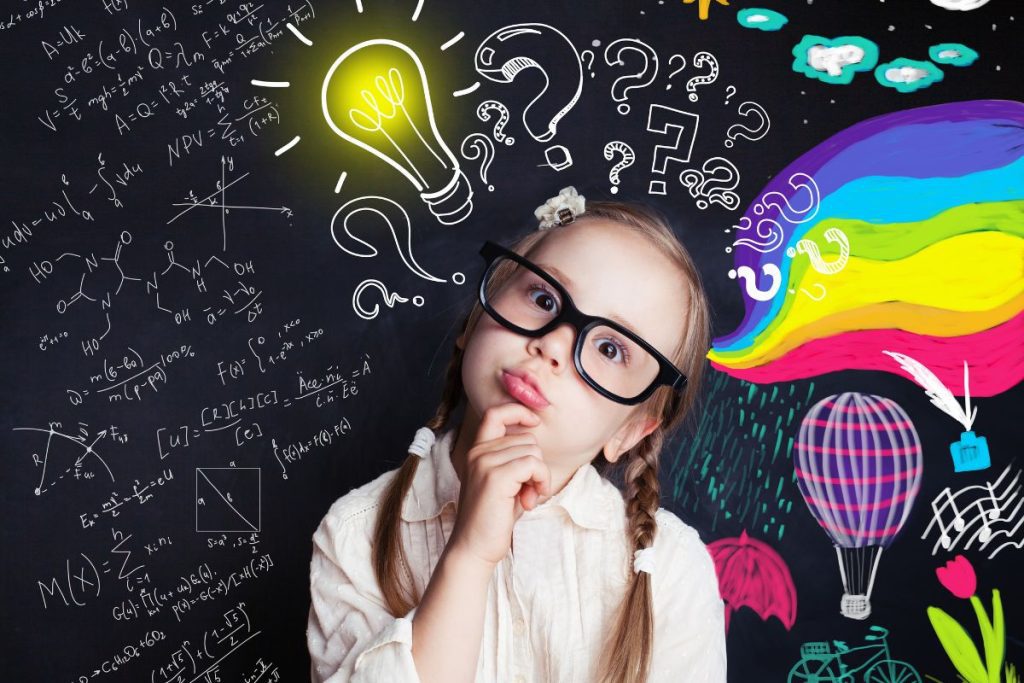Exploring Early Childhood Development Stages and What to Expect

Understanding early childhood development helps parents and caregivers provide the right support at each stage of a child’s growth. From the moment a baby is born until they enter school, children go through incredible physical, emotional, social, and cognitive changes.
While every child develops at their own pace, knowing the general milestones can help you anticipate their needs and encourage healthy growth.
The Importance of Early Childhood Development
The first years of life are a foundation for a child’s future. During this time, the brain grows rapidly, and early experiences shape how a child thinks, learns, and interacts with the world.
Positive support, safe environments, and nurturing relationships can help children reach their full potential in every developmental area.
Infancy: Birth to 12 Months
During the first year, growth is rapid and highly visible. Babies learn to control their bodies, respond to their surroundings, and form strong emotional bonds.
Physical Development
Newborns start with limited control over their movements, but by the end of their first year, many can sit, crawl, and even take their first steps. Fine motor skills also improve as they begin to grasp objects and explore with their hands.
 Social and Emotional Growth
Social and Emotional Growth
Infants recognize familiar faces, respond to voices, and seek comfort from caregivers. Smiles, laughter, and babbling become ways of connecting with the people around them.
Cognitive Development
This stage involves exploring through the senses. Babies watch, listen, and touch to understand their world. They begin to recognize patterns, respond to their name, and understand simple cause-and-effect actions.
Toddlerhood: 1 to 3 Years
Toddlers are full of curiosity and energy. They start to express their independence while developing new skills every day.
Physical Development
Walking becomes running, and fine motor skills improve enough for stacking blocks, scribbling, and turning pages. Coordination continues to grow as they climb, jump, and throw.
Social and Emotional Growth
This is the age of strong emotions and big expressions. Toddlers may have temper tantrums as they struggle to communicate their needs. They also begin to show empathy and enjoy playing alongside other children.
 Cognitive Development
Cognitive Development
Language development is one of the most exciting changes. Vocabulary grows quickly, and toddlers begin forming short sentences. They also learn through imitation, pretend play, and problem-solving activities.
Preschool Years: 3 to 5 Years
Preschoolers become more independent, social, and imaginative. Their world expands beyond family to include friends, teachers, and community.
Physical Development
Gross motor skills allow for running faster, hopping, and riding tricycles, while fine motor skills improve enough for drawing shapes, using scissors, and dressing themselves.
Social and Emotional Growth
Friendships become more important, and preschoolers learn to share, take turns, and cooperate. They begin to understand rules and develop a sense of right and wrong.
Cognitive Development
Imagination flourishes, and children engage in elaborate pretend play. They start to recognize letters, numbers, and shapes, preparing for early reading and math skills. Their ability to focus and follow instructions also increases.
 Supporting Development at Every Stage
Supporting Development at Every Stage
While developmental stages provide general guidelines, it’s essential to remember that every child is unique. Some may reach milestones earlier or later than others, and that’s perfectly normal.
The most important thing is to create a safe, loving environment and provide opportunities for exploration and learning.
Encouraging Physical Growth
Offer plenty of space and activities that build both gross and fine motor skills, such as outdoor play, building with blocks, or arts and crafts.
Promoting Emotional Well-being
Respond to your child’s needs with patience and affection. Encourage self-expression and help them label their feelings.
Boosting Cognitive Skills
Read together daily, ask open-ended questions, and engage in activities that spark curiosity and problem-solving.
 When to Seek Professional Guidance
When to Seek Professional Guidance
If you notice your child consistently missing key milestones or showing signs of developmental delays, consult a pediatrician or child development specialist. Early intervention can make a significant difference in helping children overcome challenges.
Helping Your Child Thrive Through Every Stage
The journey from birth to school age is filled with remarkable changes, each building the foundation for lifelong learning and well-being.
By understanding these stages and responding to your child’s needs with love, patience, and encouragement, you help them develop the skills and confidence to flourish. Every moment you invest in their growth today shapes the person they will become tomorrow.
Did you find this post useful or inspiring? Save THIS PIN to your PARENTING Board on Pinterest! 😊


 Social and Emotional Growth
Social and Emotional Growth Cognitive Development
Cognitive Development Supporting Development at Every Stage
Supporting Development at Every Stage When to Seek Professional Guidance
When to Seek Professional Guidance
You may also like